Dhaka, Oct 12 (V7N): Despite concerns over pricing, Bangladesh is expected to maintain its power purchase agreement with India's Adani Power, due to worries over energy supply and unfavorable prospects for a legal challenge, according to sources familiar with the situation.
The new government has formed a committee to evaluate whether agreements made by the previous administration, especially those criticized for lacking transparency, served the country's interests. These projects were expedited under a special law.
One source mentioned that pursuing a legal challenge internationally might be unsuccessful without solid proof of wrongdoing. While exiting the deal seems unlikely, the most viable option could be a mutual agreement to lower the tariff, the second source added.
When asked for comments, Muhammad Fouzul Kabir Khan, the power and energy adviser in the interim government, said the matter is still under review, and it’s too early to provide any statements.
According to an official from the Bangladesh Power Development Board, electricity from Adani costs around 12 taka ($0.1008) per unit. This rate is 27% higher than other private power suppliers in India and up to 63% more than state-owned Indian plants.
Since April 2023, Bangladesh has been sourcing power from Adani along with about 1,160 MW from other Indian suppliers. Adani's spokesperson in India mentioned that they had not received any indications of a review and continue to supply power despite growing unpaid dues, which are jeopardizing the plant's operations.
Dhaka currently owes $800 million to Adani Power and over $1 billion in total to Indian power companies due to challenges in securing dollars for payments. The spokesperson expressed confidence that Bangladesh would clear its dues soon, as they have been in ongoing talks with senior government officials.
However, there has been no response from Adani Power regarding why its rates are higher than other suppliers.
Domestic opposition parties, such as the Bangladesh Nationalist Party (BNP), led by former Prime Minister Khaleda Zia, have raised concerns about the pricing since the deal's inception. Senior BNP leader Zainul Abdin Farroque called the government's review a positive step, hoping it leads to the right decision.
The interim government, led by Nobel laureate Muhammad Yunus, took power in Bangladesh in August following protests that led former Prime Minister Sheikh Hasina to resign and flee to India. Since then, the government has already canceled projects, including a floating LNG terminal planned by Summit Group, and more cancellations may follow.
END/MSS/RH



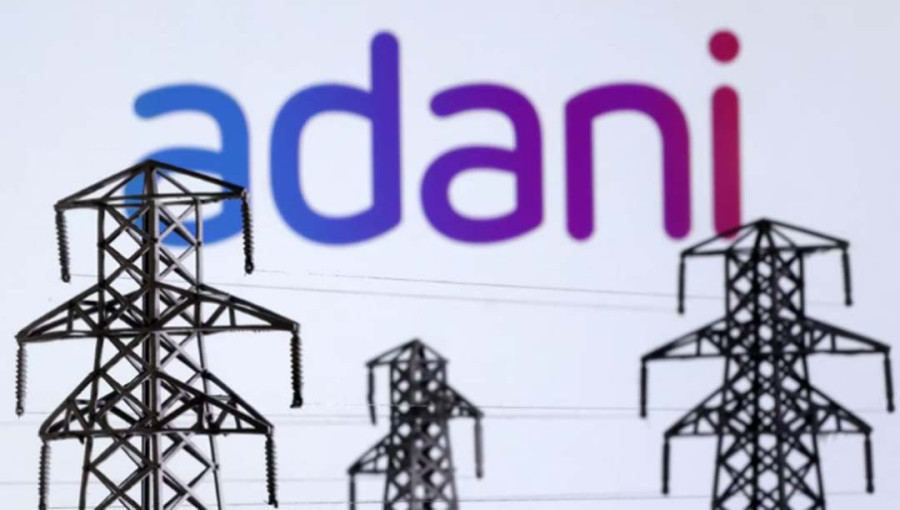
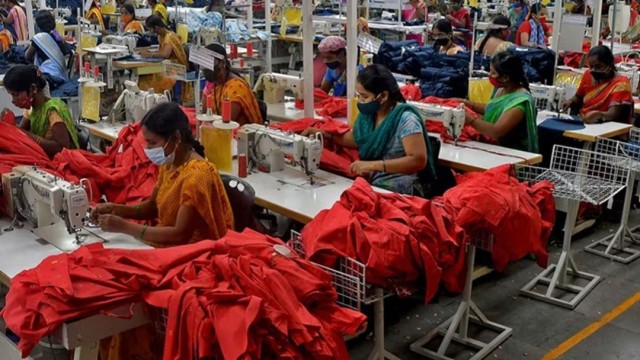







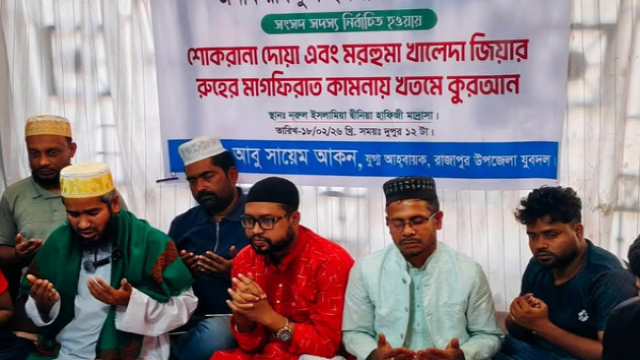

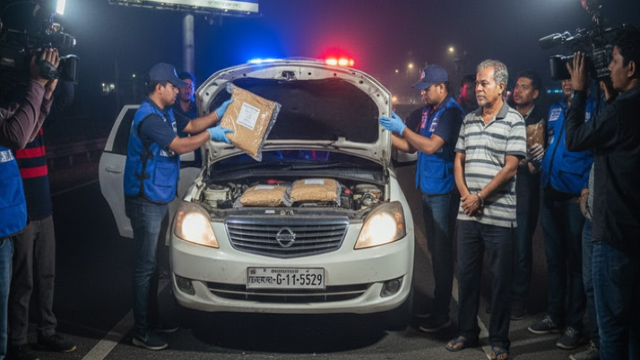


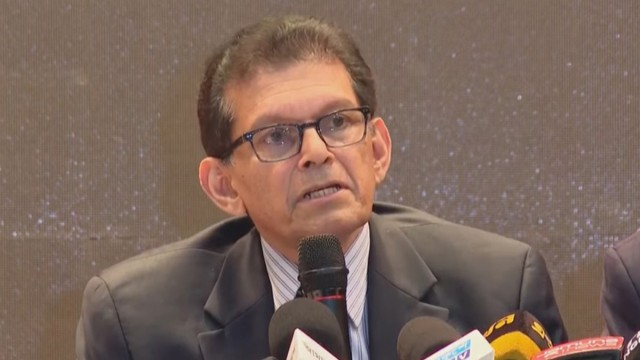













Comment: